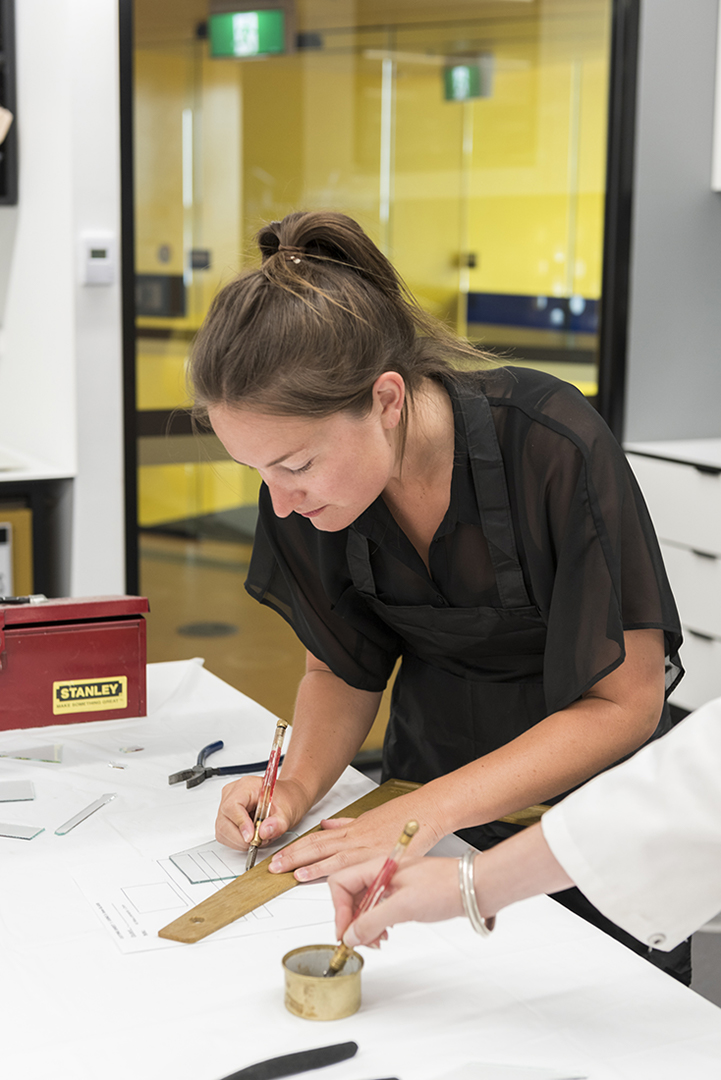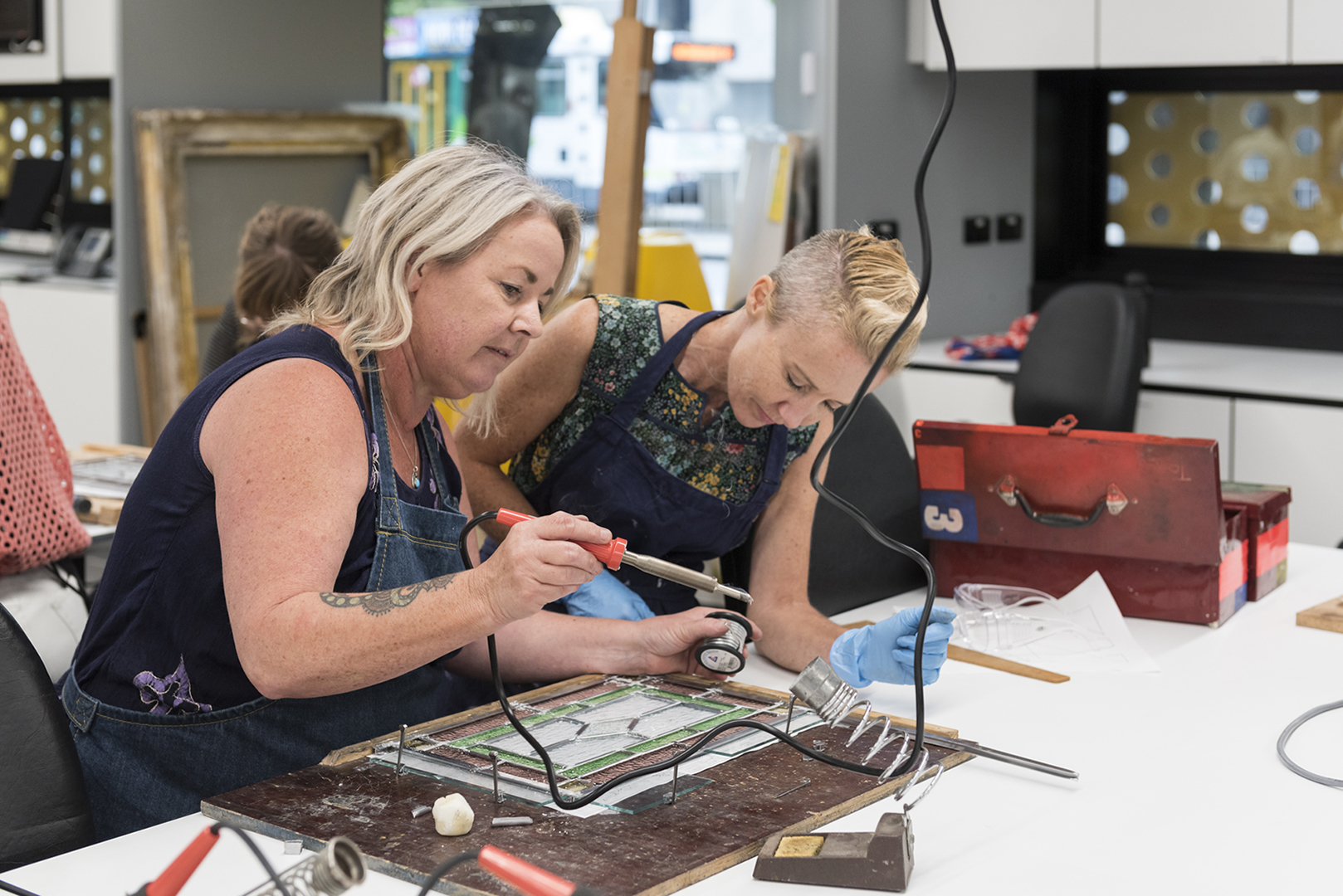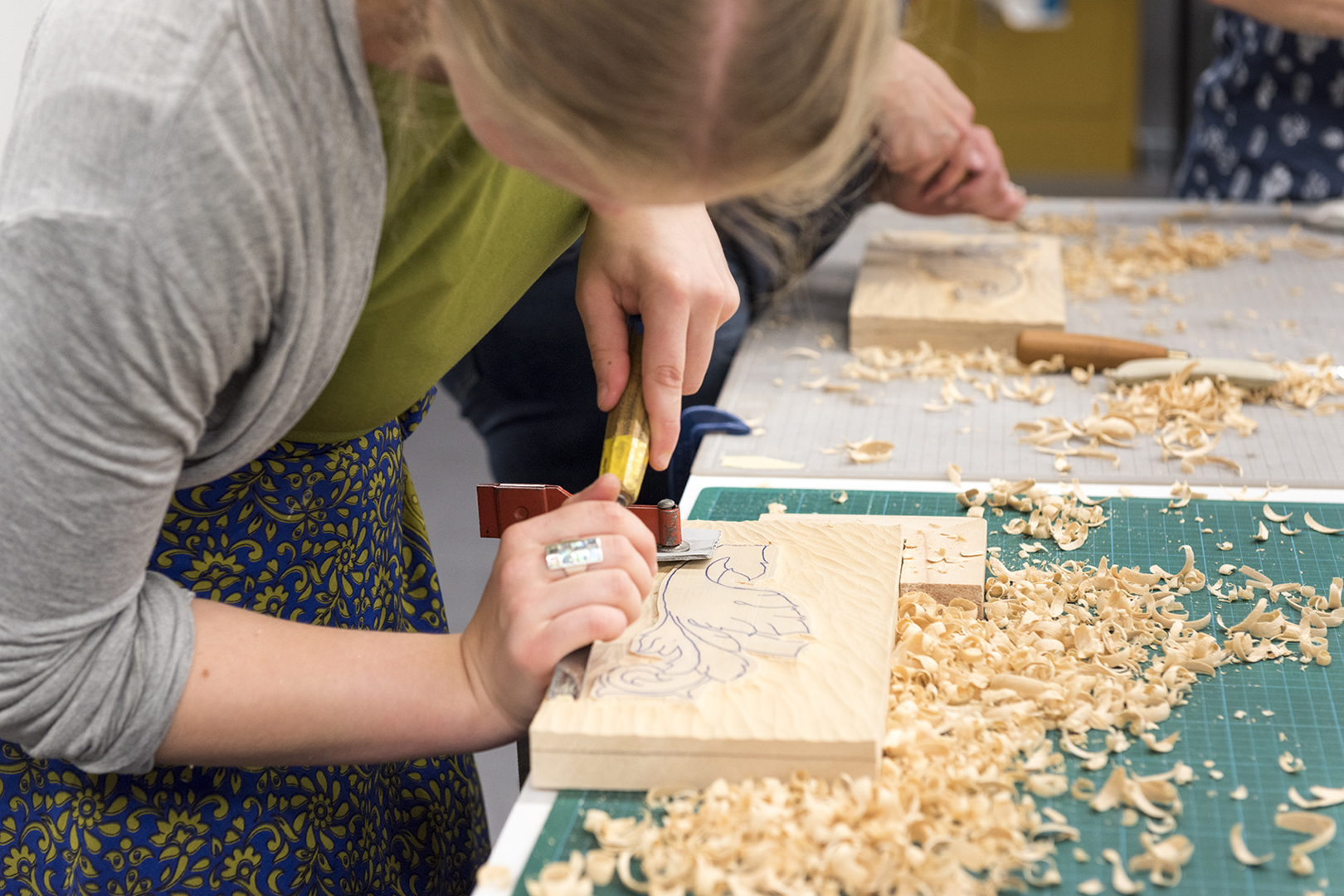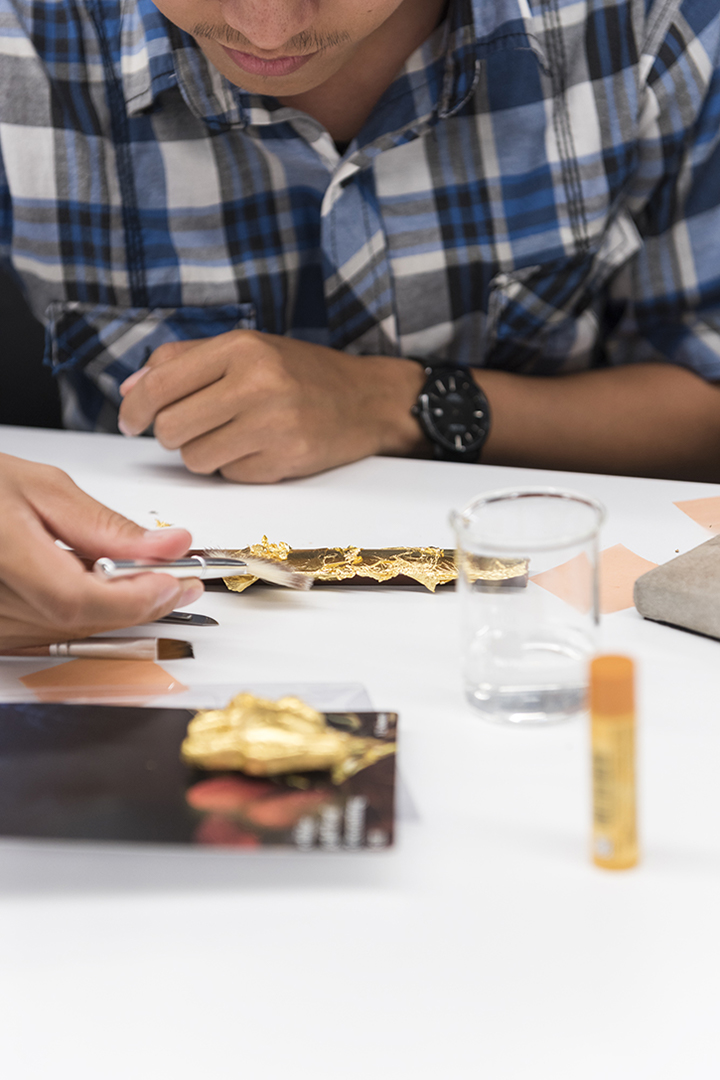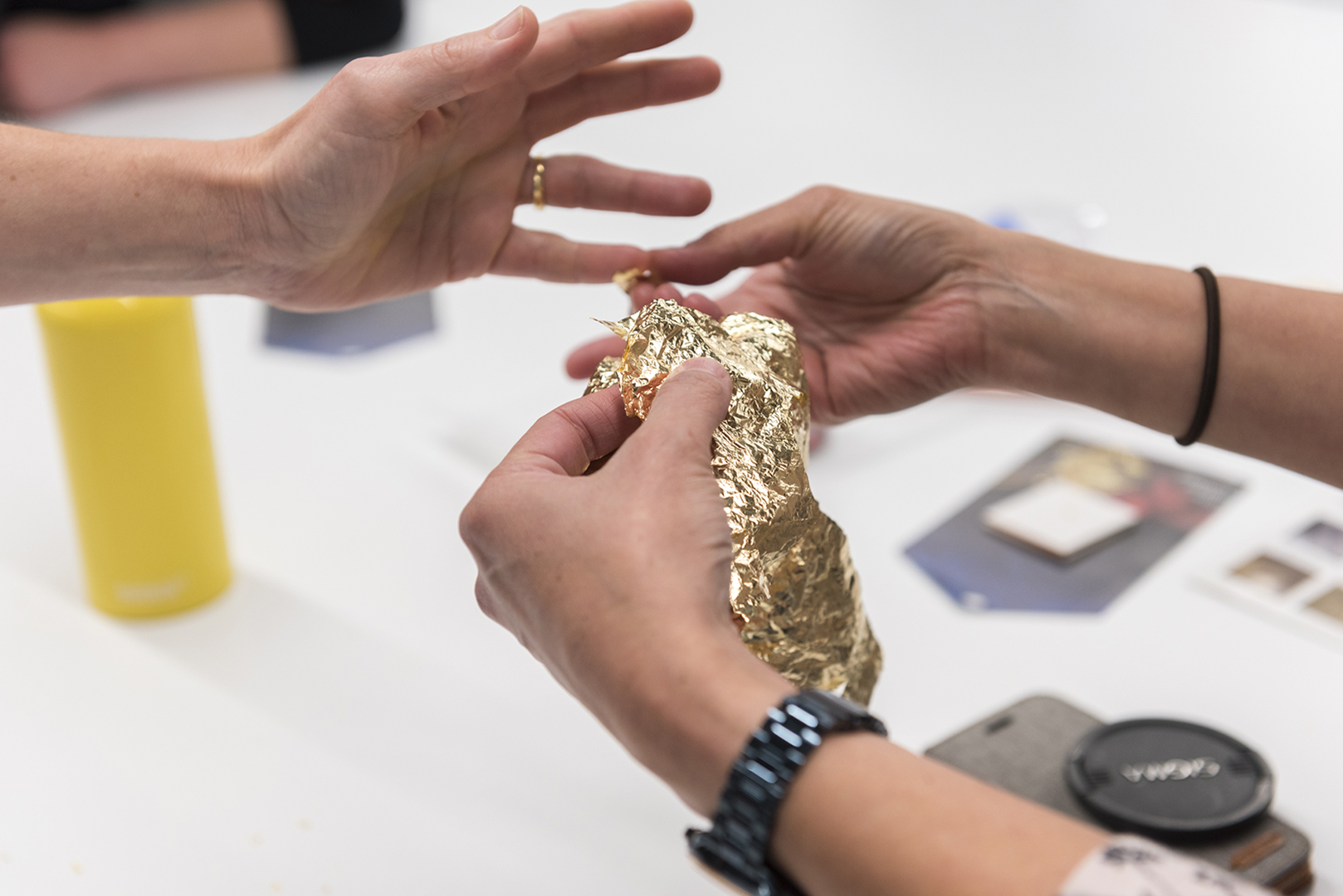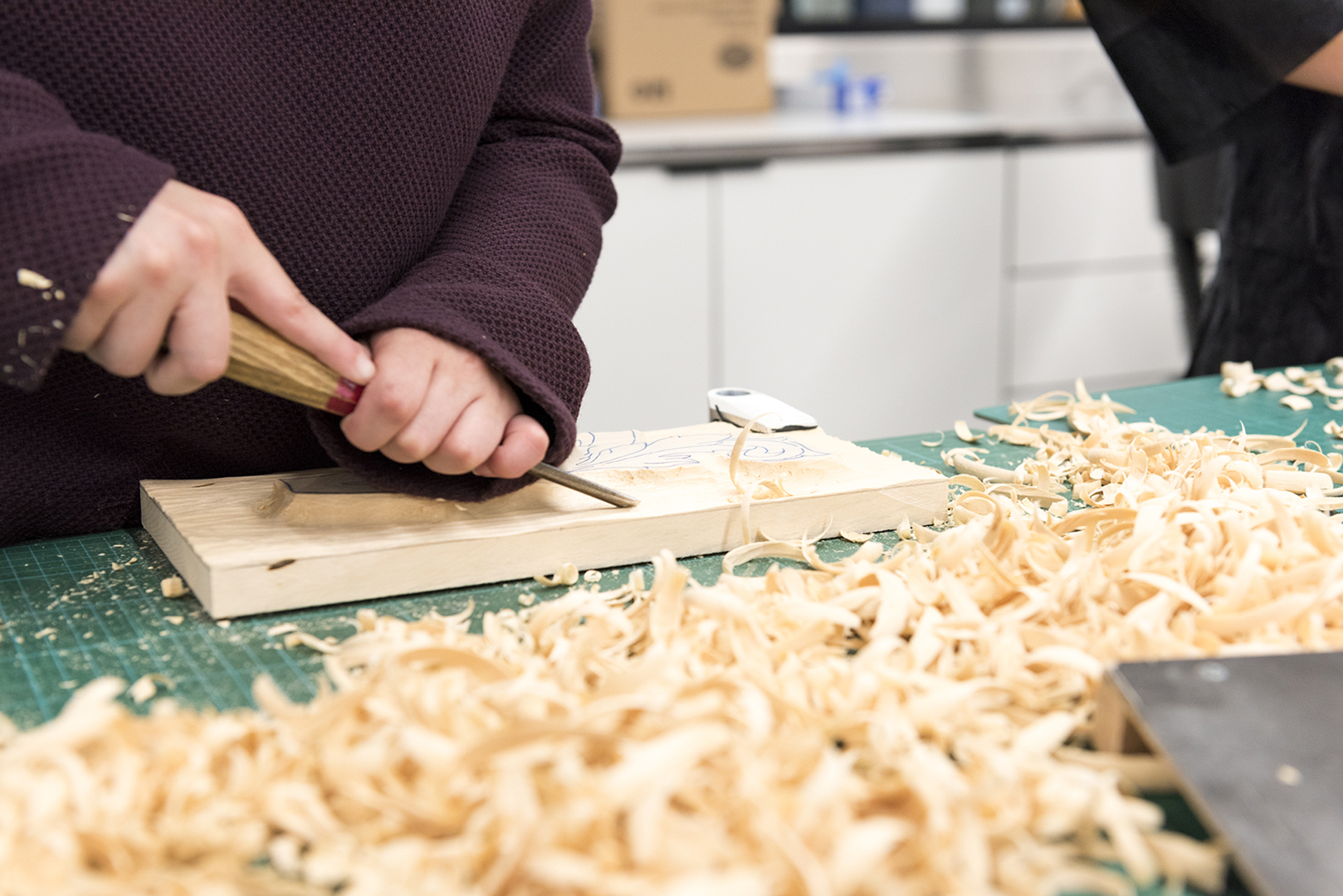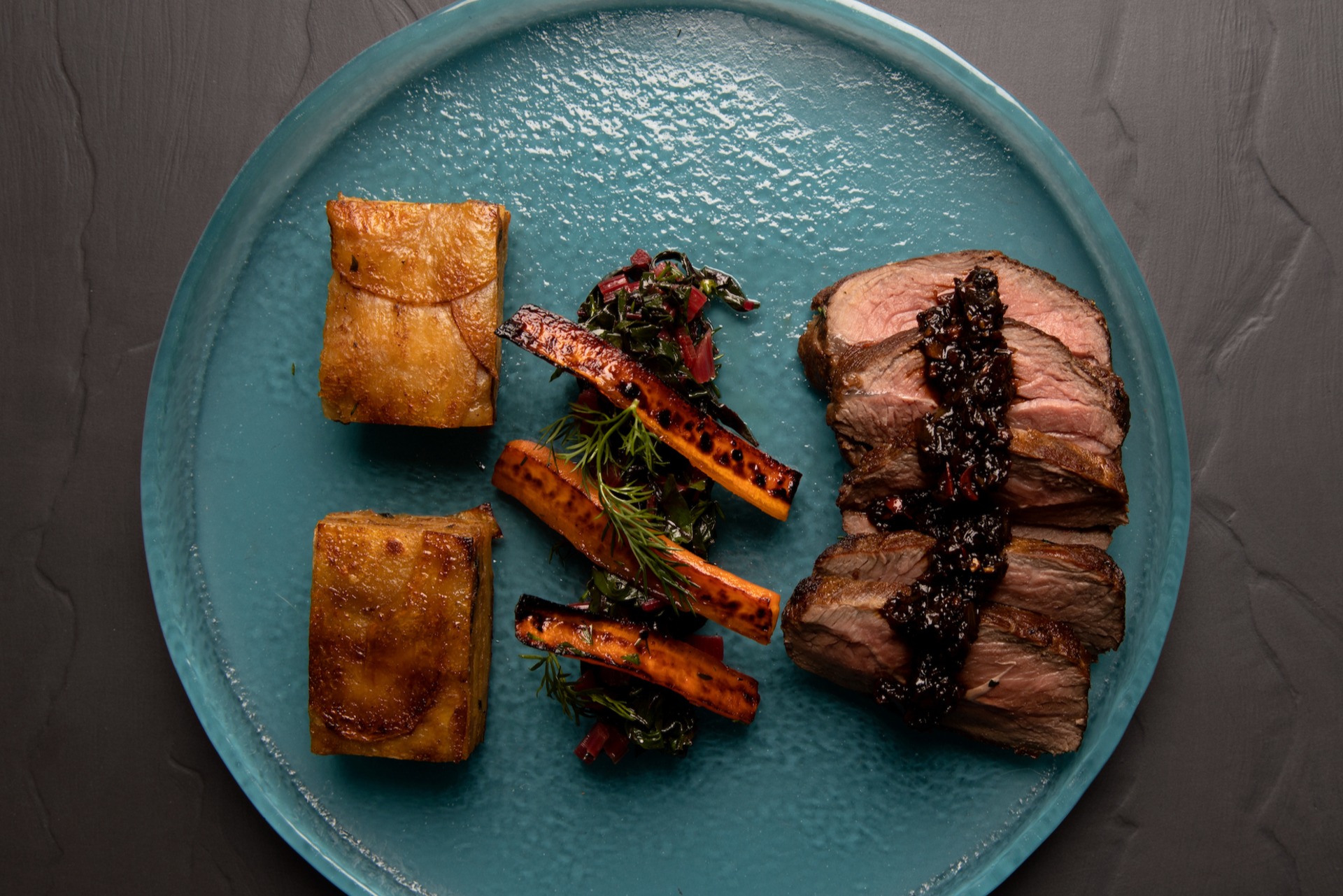Words Jess Gadd Images Supplied
Not gone, not forgotten. There’s still time to revive our nation’s heritage skills and lost trades – and the International Specialised Skills Institute (ISSI) is leading the charge, says ISSI project coordinator Grace Barrand.
Tell us what the Heritage Skills Initiative is all about?
The project is all about skills; it’s about celebrating, preserving and reviving the use of rare and traditional skills for the future of Australia. Changes in education over the past few decades have resulted in a lack of training opportunities in traditional trades for new generations, leading to an alarming loss of creative thinking, hand skills and advanced knowledge in our workforce. The result is an increasingly ageing workforce of highly skilled practitioners with limited or no opportunities to pass on their skills and knowledge. The Heritage Skills Initiative has three major aims: to support the work of artisans through professional development, to create new and exciting opportunities for students to engage with these skills, and to develop a strong community of conversation and collaboration between practitioners, peak bodies and professionals to advocate for change.
How did it get started and how is it funded?
The Heritage Skills Initiative was generously funded across 2017/18 by the Ian Potter Foundation, and is the creation of the International Specialised Skills Institute (where I work). The ISSI is a not-for-profit organisation founded 28 years ago by former Governor of Victoria Sir James Gobbo. Sir James had a vision of building a community of industry specialists who would lead the upskilling of the Australian workforce by undertaking international research Fellowships. With over half of the Fellowships that have been awarded by ISSI (approximately 200) being in the area of heritage skills, we decided that a project seeking to engage specifically with these skills and create a strong community of practice was vital. There is a lot of wonderful work being done in this area around Australia; what we wanted to do was open up communication between these groups for collaboration, while also engaging our Fellowship alumni. We were absolutely delighted when our grant application was approved, and we hit the ground running!
What is the definition of a ‘heritage skill’?
Within the scope of our project, a heritage skill is any trade or craft that has a body of knowledge built over generations with a mastery of hand skills. While most skills interrelate and will crossover, I find that there are two major streams: those that are used in building and construction, such as traditional joinery, faux marbling, conservation stonemasonry, heritage plastering and so on, and those that involve making beautifully useful handmade objects, such as carving, whipmaking, blacksmithing or fabric pleating. I’ve learnt things I never expected to learn from this community, and have loved every minute of it!
Why is it important to retain these type of trades (isn’t there an app for that!)?
People may not realise it, but these skills are incredibly important both culturally and industrially. Due to the educational limitations of our current system, one of the most alarming things that happens far too frequently in Australia is that tradespeople without the skills and knowledge of traditional materials undertake works on heritage properties. This causes huge conservation problems! The classic example is the use of cement to repoint old buildings, which were originally constructed with lime mortar. Cement can be fine for modern buildings but old bricks are different and need to breathe. Lime allows moisture to move through the bricks where cement doesn’t, causing the 100-year-old bricks to literally crumble beneath your hands.
We need these skills so that we can accurately conserve our heritage buildings for future generations. They don’t just appear; artisans and heritage tradespeople have a profound understanding of materials and techniques that build a significant body of cultural knowledge about our country. A master chair maker doesn’t just work with wood, but has a library of knowledge about dozens of tree species, growth patterns, shrinkage characteristics, colour, density, grain and so on. This knowledge embodies our history and environment and has been built over generations of practitioners: we must protect it.
Beyond conservation these skills are increasingly being used to boost mental health and encourage social enterprise in disenfranchised communities. Using your hands is important for development and a fantastic way to combat stress. As people become more and more reliant on technology, we are losing our dexterity and our ability to think creatively. Getting into a hand craft such as a heritage skill engages different parts of both your body and your brain and allows us to just turn off for a while, and focus on what we can touch. I’ve been told that there’s nothing like coming home after a horrible day in the office and winding down with some bobbin lacemaking!
Can people make a living from these trades, or is it more about having a hobby?
Many practitioners not only make a living but are leading the way in practice across Australia. The most wonderful thing about these skills, however, is that you can do either! I know a traditional joiner who has work lined up for the next 18 months around Australia, I know a bookbinder who practises on demand (and indeed in demand) from a home studio and I know 25 gorgeous ladies who just love to get together on the weekend and embroider. Remember that as we move more towards sustainability in our everyday living, the market for quality, handmade and local options is only going to grow, and it’s already started to shift. One thing you do need if you decide to start a business is passion! Nothing has been so striking about this project as the undying passion for their craft shown by these practitioners. They’re a hard-working bunch, but boy do they love what they do.
If people want to learn a heritage skill, how do they get started?
It might sound obvious, but you just have to start! I’ve met countless people that umm and aww about whether they are good enough or if they have the time, but just get going and see where it takes you. Most artisans and guilds will run workshops throughout the year, so check out their websites to see when the next one is and book yourself a place. I would also recommend going along to local markets and trade fairs to get a better idea of what’s out there; see what inspires you and follow that spark!
If you’re already practising a heritage skill and want to grow, you should definitely look into applying for a Fellowship offered by the ISSI. Our Fellows don’t just practise but lead the way towards innovation in Australia. It’s a great community to become involved in and we love learning more about how Australians are striving for excellence in industry.
If you’re still not sure where to start, you can always get in touch with me or anyone on the ISSI team and we can help get you started. We don’t bite!
International Specialised Skills Institute: www.issinstitute.org.au
